The Hidden Trade-Offs of Private Equity Investment for Agencies

Agencies are increasingly taking private equity (PE) investment to grow and give founders a path to exit without selling to a holding company.
Recent deals in the space span from indie shops like BarkleyOKRP and Chemistry taking PE backing, to holding companies like IPG selling agencies like Huge and R/GA to PE investors.
While many agencies tout PE backing as a way to maintain independence while taking on outside capital, the investment also brings pressure. PE firms typically look to sell their acquired assets three to seven years post-investment at a significantly higher multiple. Agencies, therefore, are expected to scale and meet high expectations from investors quickly.
Agencies must also adapt to the cultural shift from independence to financial oversight and learn how to navigate the rigorous PE playbook. PE investment presents both challenges and opportunities, but it is undeniably transforming the way agencies operate. Agency leaders shared their experiences navigating the complexities of PE backing at a recent roundtable hosted by Christian Banach Consulting.
The pressure to scale
One of the most immediate pressures agencies face after PE investment is growth. “There’s pressure for performance,” said Brice Chaney, chief revenue officer at Marketbridge, which received PE backing from RTC Partners in 2023. He added that while PE firms make the initial investment because they see potential in the core business, “they’re looking for some form of a step change.”
Scott Shamberg, president and CEO of Mile Marker, which was acquired by PE firm HRH Boca LLC in 2016, said that while there isn’t necessarily pressure to change the business, there is an expectation to “scale and scale quickly” for an eventual exit.
But good PE partners understand that it’s important to grow sustainably. Justin Farmer, chief growth officer at MMGY Global, said the agency’s current PE backer is focused on quality revenue and long-term client contracts. MMGY Global was first acquired by Peninsula Capital Partners LLC in 2016 and later sold to EagleTree Capital in 2023.

Your Agency Just Sold To Private Equity. Now What?
But other times, agencies are part of a larger strategic bet by PE firms. Mod Op, for instance, was acquired alongside other agencies—including Crenshaw Communications, Context Creative, Red Tettemer O’Connell + Partners, and Evans Hunt—with the expectation that all of them would pitch and work together.


